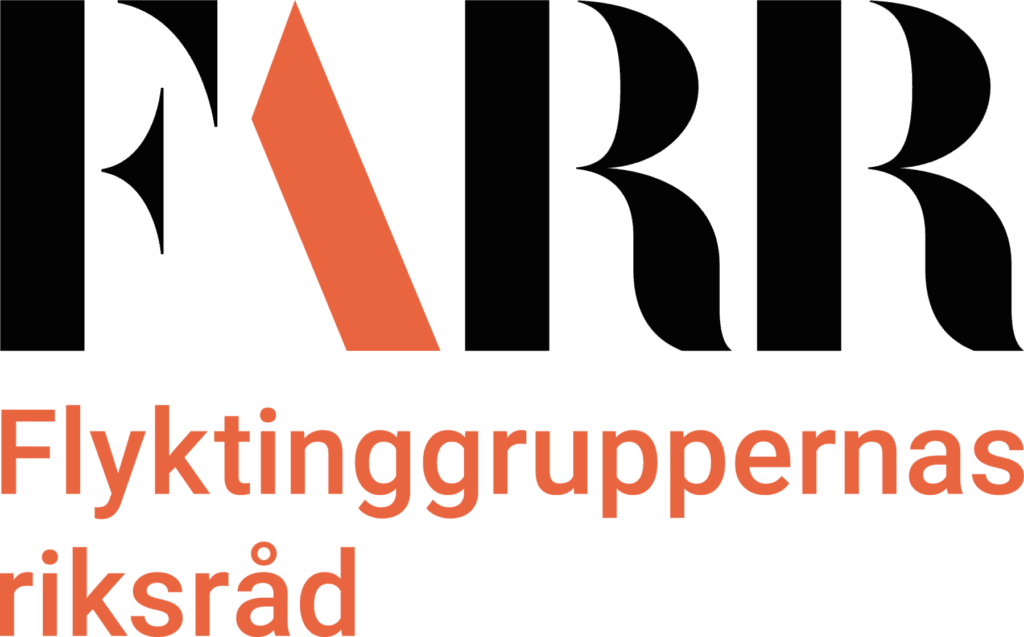This text was originally written in Swedish and published on the FARR website on 18 September, 2023. Translation into English by George Farrants.
There has been much discussion in Sweden recently about a law for the obligatory reporting of undocumented people (in Swedish “Angiverilagen”). As yet, no such law has been passed. What has happened is that in August 2023 the government laid out the terms of reference for an inquiry that will formulate a proposed law for obligatory reporting. The government doesn’t use the term “angiveri” (reporting), but “informationsplikt” (duty to inform). The inquiry concerns how to carry out deportations more efficiently, and was initially set up by the previous government. The new terms of reference are additional terms added to the original ones.
The idea is that municipalities and government agencies will be placed under a duty to inform the Swedish Migration Agency or the police when they come into contact with people who are living in Sweden without permission. The Tidö Agreement laid the foundation for the current government in Sweden after the election in September 2022. It uses harsher language: “Government agencies with which a person may come into contact will be made responsible for ensuring that the person has legal grounds for their presence in Sweden” (page 33 of the original Swedish document, our translation). Thus, agencies not only have a duty to inform when an undocumented person is discovered; they have a duty also to investigate whether the person in question is undocumented. However, this provision has not been included in the additional terms of reference set out by the government.
The fact that the duty to inform entails all employees becoming obliged to participate in the reporting is not made clear either in the Tidö Agreement or in the additional terms of reference. However, several ministers have confirmed that this is the intention. The inquiry is to analyse the need for exceptions from the duty to inform, and the consequences that a failure to follow the duty to inform may have.
The additional terms of reference include several other proposals for measures to ensure that a greater number of deportations are carried out. We have summarised these below:
- to extend or remove the statutory limitation period for deportation decisions (currently four years)
- to extend the period after deportation under which it is prohibited to return to the Schengen area (which prevents those who have been deported being granted a visitor’s visa or work permit. The current length of this period is usually one or two years.)
- to take fingerprints and photographs of aliens in more situations than is currently the case, and allow such to be taken from children from the age of six years (currently 14 years)
- to increase the ability of agencies to exchange fingerprints and photographs, and their ability to take new fingerprints and photographs for comparison purposes
- to analyse whether it is also possible to use DNA samples to identify aliens
- to increase the possibilities to carry out internal alien control. This is currently limited to cases in which there are justifiable grounds to carry out such control.
- to give the police increased authority to search and impound mobile telephones and similar devices during internal alien control.
The additional terms of reference are generally vague. They include such formulations as “to consider whether it would be possible to…”, and “to investigate whether there is a need to…” (these are quotations from page 6 of the additional terms of reference). The text of the Tidö Agreement relating to these proposals is more direct when describing the measures to be taken.
The inquiry is to publish its report before 30 September 2024. The sections relating to the increase in the statutory limitation period and the prohibition of return to the Schengen region are to be published earlier, before 31 January 2024. Following the publication of the reports, a period of consultation will be conducted before the government proposes a bill to the Swedish Parliament.
The police have already been granted new powers for internal alien control relating to, for example, body searches, vehicle searches and impounding passports. Several changes in legislation are expected in this field during the remainder of 2023.
More information relating to alien control, obligatory reporting and deportations can be found in Swedish on the section of the FARR website that deals with the Tidö agreement.
